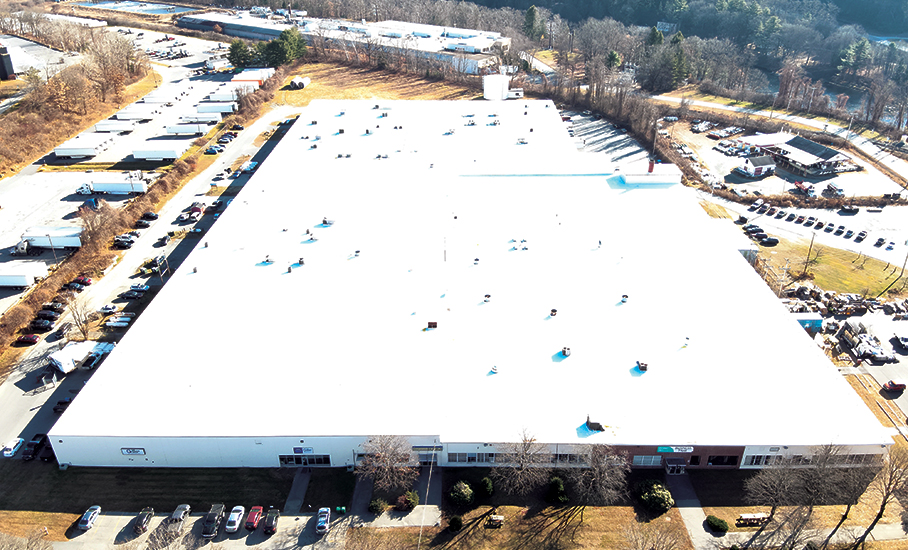
Last month, I wrote about the industry’s supply chain challenges coming out of the pandemic and the current state of that issue. I concluded: Supply chains are more robust than ever but not infallible.
But during my visits with contractors since then, I realized one aspect of supply chain disruptions deserves further highlight: price/cost escalation provisions in contracts.
During the supply chain crisis, contractors’ material costs increased significantly, quickly and repeatedly often well after they had signed contracts for jobs. At the time, a vast majority of contracts for roofing work did not contain provisions allowing the roofing contractor to pass along these cost increases, and roofing companies were forced to rely on the mercy of customers and general contractors to help pay for some of the unprecedented increases they were facing.
Some people understood the situation and helped offset some of the expenses; others did not, putting many NRCA members in financially and emotionally perilous situations.
This was a low point of that era. Contractors faced upward of hundreds of thousands of dollars in unforeseen cost increases with no options or pathways to recoup them. After some time, education and capitulation by building owners and general contractors, roofing contractors started getting provisions into contracts to address price escalations. If I signed a contract in 2022 for a job to be done in 2023 and insulation prices went up 30% during that time, the general contractor or owner would cover that increase. It wasn’t ubiquitous. Some markets reportedly never got to that point, but there started to be relief for roofing contractors.
But as normalcy has returned, these provisions have begun being rejected.
Given the uncertainty surrounding possible Trump administration tariffs on imported goods, contractors need to be mindful of possible cost increases on goods and materials they may be buying and work to avoid a repeat of 2021-22.
The effect of the tarrifs is unknown. As I mentioned the previous month, some raw materials have significant tariffs on them and an increase of 10-20% may not be meaningful (800% going to 820% won’t move many price needles). However, other tarriffs may be new and flow through the supply chain like a financial hot potato until it reaches roofing contractors. And if a contractor is unable to pass it along because a contract was signed months earlier without an escalation clause, well, the hot potato remains in the roofing contractor’s lap and the contractor gets burned.
Additionally, the actions of the Trump administration could prompt nations to respond in ways that are more harmful to contractors than the initial tariff cost.
But it’s too early to make prognostications. There is little certainty what future actions the U.S. may take and even less certainty in what the response may be from trading partners.
And it’s unknown what the effects may be on roofing materials.
But contractors should assume any cost increases that arise in the supply chain will get passed along and protect themselves as much as possible. Contractors can do one of two things:
- Lock in the cost of materials before signing contracts with building owners and/or general contractors
- Have a contract provision allowing for a price to increase if the cost of materials increases before the job is completed
In a competitive market, roofing contractors are in a tough position, but few people will be willing to fight for them. Evaluating the possible risk of a job and its contract terms has to be one of the most difficult, yet common, tasks facing contractors, and I don’t envy the situation for a second.
A contractor told me: “I’m not much of a gambler in the traditional sense (like casinos) because I gamble every day on every job I take. That’s enough risk and ‘excitement’ for me.”
Amen.

MCKAY DANIELS
CEO
NRCA



